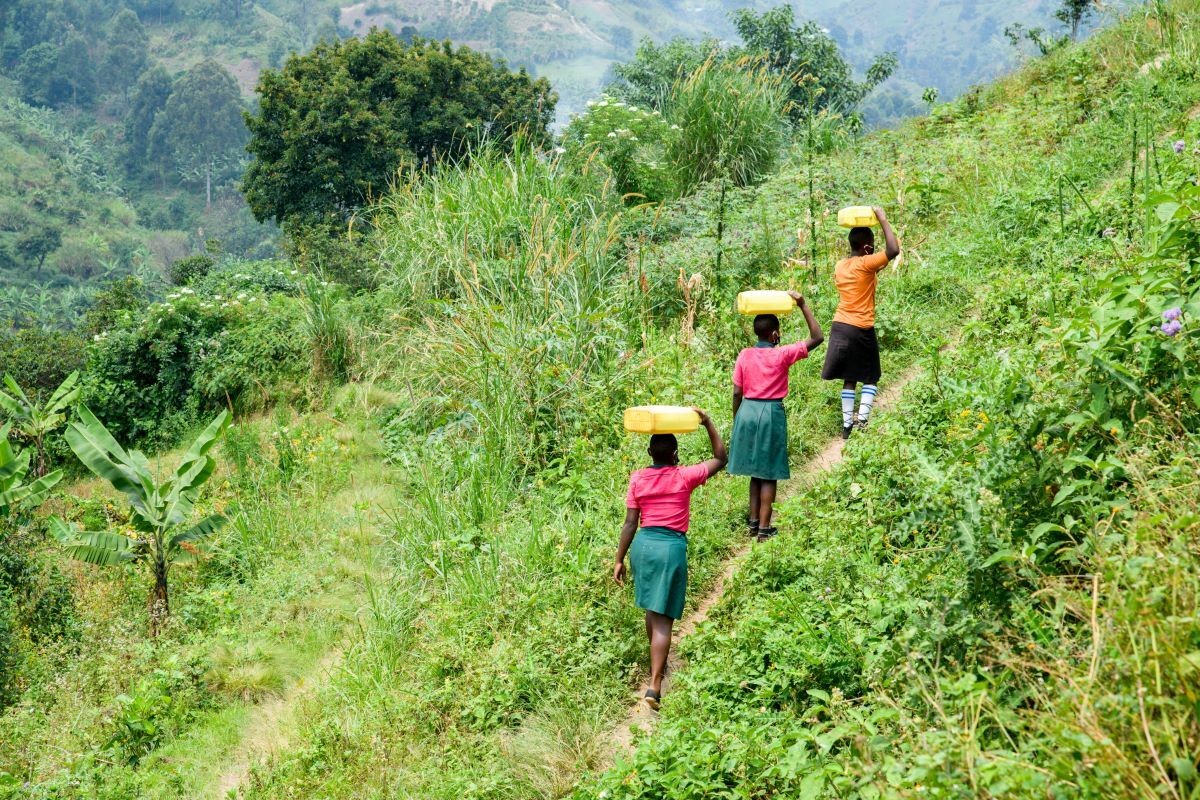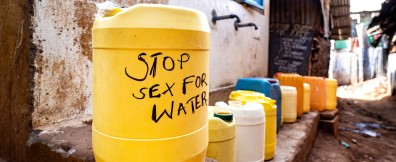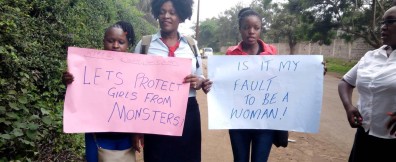Simavi releases report on water and sanitation-related violence
Simavi has released a new research report titled 'Water and sanitation-related violence. The experiences of women and girls in Bangladesh, Nepal and Uganda.' The report sheds light on the violence women and girls often face in accessing safe water and sanitation facilities.
"We are proud to release this important report, which sheds light on an issue that has long been overlooked," said Dieneke van der Wijk, director of Simavi. "Access to safe water and sanitation facilities is a basic human right, and it is unacceptable that women and girls face violence and harassment when trying to access these facilities. We hope that this report will raise awareness about this issue and lead to concrete actions to address it."
Research in Bangladesh, Nepal and Uganda
The report is based on extensive qualitative research conducted in Bangladesh, Nepal, and Uganda, and highlights the various forms of violence that women and girls face when accessing water and sanitation facilities. These include physical violence, sexual violence, verbal abuse, and harassment. The report also examines how cultural and social norms contribute to the prevalence of water and sanitation-related violence against women and girls in these countries.

Sexual harassment
Examples of the violence that women and girls encountered varied from being physically assaulted, verbally abused, and sexually harassed when using public toilets in Bangladesh, to being subjected to sexual harassment and assault when collecting water from communal water sources in Nepal. In Uganda, women and girls reported being subjected to sexual harassment and assault when using public toilets, especially at night. In some cases, women and girls were coerced into sextortion by individuals in authority at water holes who abused their power to elicit a bribe in the form of sexual favors in place of receiving monetary payment for water.
Recommendations
The report provides a number of recommendations to address the issue of water and sanitation-related violence against women and girls, including improving access to safe water and sanitation facilities, addressing cultural and social norms that perpetuate violence, and strengthening legal and policy frameworks to protect women and girls.
Take action
"We urge governments, civil society organisations, and the private sector to take action to address this issue," said Van der Wijk. "We cannot achieve gender equality and sustainable development if women and girls continue to face violence and harassment when accessing basic services like water and sanitation."

Simavi hands over more than 16,000 signatures to MP's: 'Don't let women bear the brunt of the water crisis'

Why we should be talking about sex for water in New York


